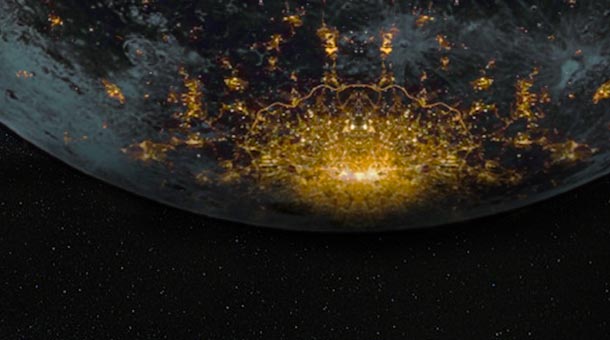By David Radd
There are many opportunities to enter in the gaming industry these days, but most of them are not without some peril. Joe Ybarra, industry veteran of three decades, knows this better than almost anyone having working on a variety of projects for EA in its nascence and other studios down the line. He’s now attempting to re-enter the gaming industry with his new studio, Joe Got Game. While he canceled the Kickstarter he attempted, he said he’s gathered a lot of useful information from that brief venture and plans to press on.
We talked with both Ybarra and Josef Shindler about their company, the changing industry, and their project Shackleton Crater.
[a]list: It seems like the industry is more accessible on all fronts. The business model is changing?
Joe Ybarra: It feels more like the days when we started at Electronic Arts in the ’80s and all the projects were small. Most studios didn’t have more than eight or nine people and it was difficult to find those with the right skills! It feels very much the same way now, but finding talent isn’t as hard. It’s actually easier to make games now than it was back then!
[a]list: Now back in the ’80s… was there anything resembling a game “engine” or was it all just made from scratch?
Joe Ybarra: When you say “engine” in that time frame, it was of question of ‘how do you display pixels on a screen? The one unified element was getting pixels on the screen, but beyond that, everything was built from scratch from the ground up. Even the programing environments weren’t universal, so the primary language was assembly. We had our own compilers and Starflight was built that way.
Josef Shindler: When all this stuff is brand new, you have to build stuff for hardware that doesn’t exist.
Joe Ybarra: To reinforce your point, this has been going on for a couple of years, and this might continue for a long time. We saw a little bit of this in the early ’90s with 3D and the acceptance of the CD as a medium and the reuse of development environments.
But [new console] development taking tens of millions of dollars pushes design technology, maybe not in design and innovation, but they’re refining the process of make high level stuff. We need the Call of Duty and Battlefields of the world to advance certain technological elements.
[a]list: What’s your experience with Joe Got Game and how did you decided to join up with the studio?
Josef Shindler: The story starts with him. I came in about a year ago and we were talking about what we wanted to make. We were teaching students how to make games and Joe’s buddies were pushing him to remake MULE and he said ‘Why would I want to do that ‘ but he thought about to expand it and make it different.
Joe Ybarra: To reinforce this point, I’ve been thinking about this project or something like it for three years. I’ve accomplished everything I’ve wanted to do in the game industry – I’ve been an executive for 15 – 20 years and at the end of this career, I wanted to start making games again, so it’s a labor of love because there’s a lot of other processes I’d like to go through. I was working as a teacher and was the program chair. Working with all these students on product development made me realize I wanted to build this stuff again. So we decided to do Shackleton Crater.

[a]list: So what’s the plan B, the non-Kickstarter plan?
Josef Shindler: We have B,C,D,E,F, and G plans. If there’s something [Joe Ybarra] does. it’s plans. We don’t just have the wild success model.
Joe Ybarra: The game is designed in stages. So our intent was that the game could be given out in some small way, like the first stage, but what we want people to play the whole game. It would be rolled out over time: if you buy stage 2, you get 3 and 4 for free. Certainly we’re going to have different vehicles to get the game out there.
[a]list: What about the importance of cross-platform?
Josef Shindler: We do believe in the tablet platform, given the way it’s developing and the games we see coming out. We think people will want some serious games on this platform.
Joe Ybarra: With cross-platform development, there’s some interesting things we’ll have to do for this product. In making it turn-based, we’ll allow players to have a session in just 10 to 20 minutes, or longer if they choose, making it adaptable to what people want from a mobile game.
[a]list: Anything else you’d like to add?
Joe Ybarra: The only other thing I want to say is that I want to be as agnostic with content as possible. We also want people to know that we’re representing every space program.
Josef Shindler: We have data from the U.S., Europe and Japan.
[a]list: Trying to reach as many markets as possible?
Joe Ybarra: What you have to assume is your game is going to be international.
Stay tuned for in-depth talk of Shackleton Crater’s design!

